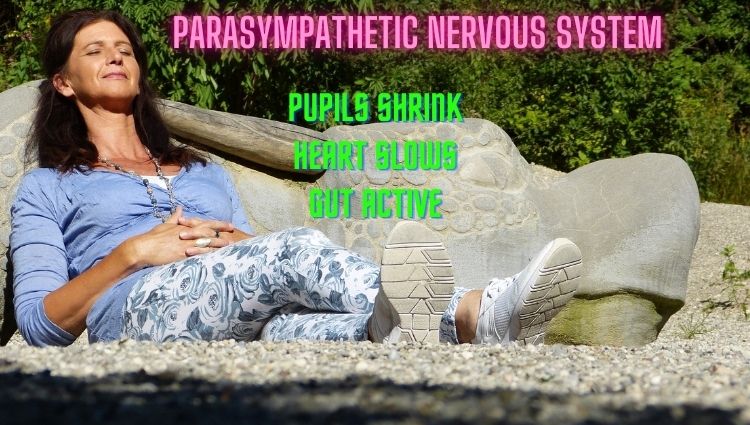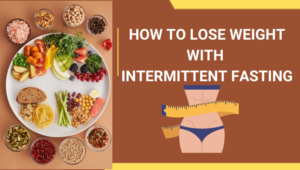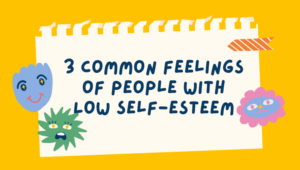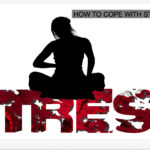Anxiety is a normal emotion that we all experience at one point or another. It’s an emotion that is characterized by feelings of worry, nervousness, and fear. Anxiety can be a healthy emotion when it motivates us to take action or cope with a challenging situation. However, when anxiety becomes excessive and interferes with our daily lives, it can be debilitating.

What is the Parasympathetic Nervous System?
Your nervous system is responsible for keeping your body functioning properly. It’s made up of two parts: the Sympathetic Nervous System (SNS) and the Parasympathetic Nervous System (PNS).
The sympathetic nervous system is responsible for the “fight-or-flight” response. This is the response that helps you deal with a stressful situation. It increases your heart rate and blood pressure, and it makes you breathe faster.
On the other hand, the parasympathetic nervous system is responsible for the “rest and digest” response. This is the response that helps you relax and digest food. It decreases your heart rate and blood pressure, and it makes you breathe slower.
The two systems work together to keep your body in balance. When one system is activated, the other system is inhibited.
The sympathetic nervous system is activated in response to a stressor. The parasympathetic nervous system is activated in response to a stimulus that promotes relaxation.
Stressors can be physical (e.g., exercise, hot weather) or psychological (e.g., anxiety, worry). Stimuli that promote relaxation can be physical (e.g., cool weather, massage) or psychological (e.g., meditation, laughter).
5 Tips to Reduce Your Anxiety
So how can we tap into the power of the parasympathetic nervous system to calm anxiety?
There are 5 different ways.
1. Breathing exercises
When we’re anxious, our breathing becomes shallower and more rapid. This can exacerbate the symptoms of anxiety, and it’s one of the reasons why deep breathing exercises can be so helpful.
Deep breathing activates the parasympathetic nervous system and helps to slow down the heart rate, which can be a major help in calming anxiety.
2. Mindfulness
Mindfulness is another great way to activate the parasympathetic nervous system. When we meditate, we focus on our breath and let go of all other thoughts. This allows us to focus on the present moment, which can be a major help in calming anxiety.
3. Exercise
Exercise is a great way to reduce stress and anxiety. It helps to release endorphins, which have mood-boosting effects. Exercise also helps to reduce the levels of stress hormones in the body, which can have a calming effect.
4. Connect with nature
Spending time in nature has been shown to have a calming effect on the mind and body. One study found that walking in a natural setting for just 20 minutes can help to reduce anxiety and rumination.
5. Spend time with loved ones
Spending time with loved ones is a great way to reduce stress and anxiety. It helps to feel connected and supported, which can be a major help in calming anxiety.
Conclusion
If you’re struggling with anxiety, try incorporating some of these activities into your life. They can help you to tap into the power of the parasympathetic nervous system and find some much-needed calm.






